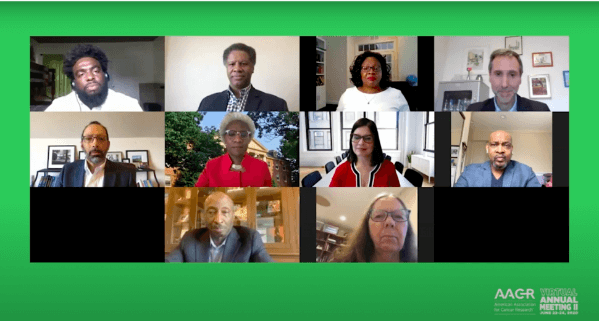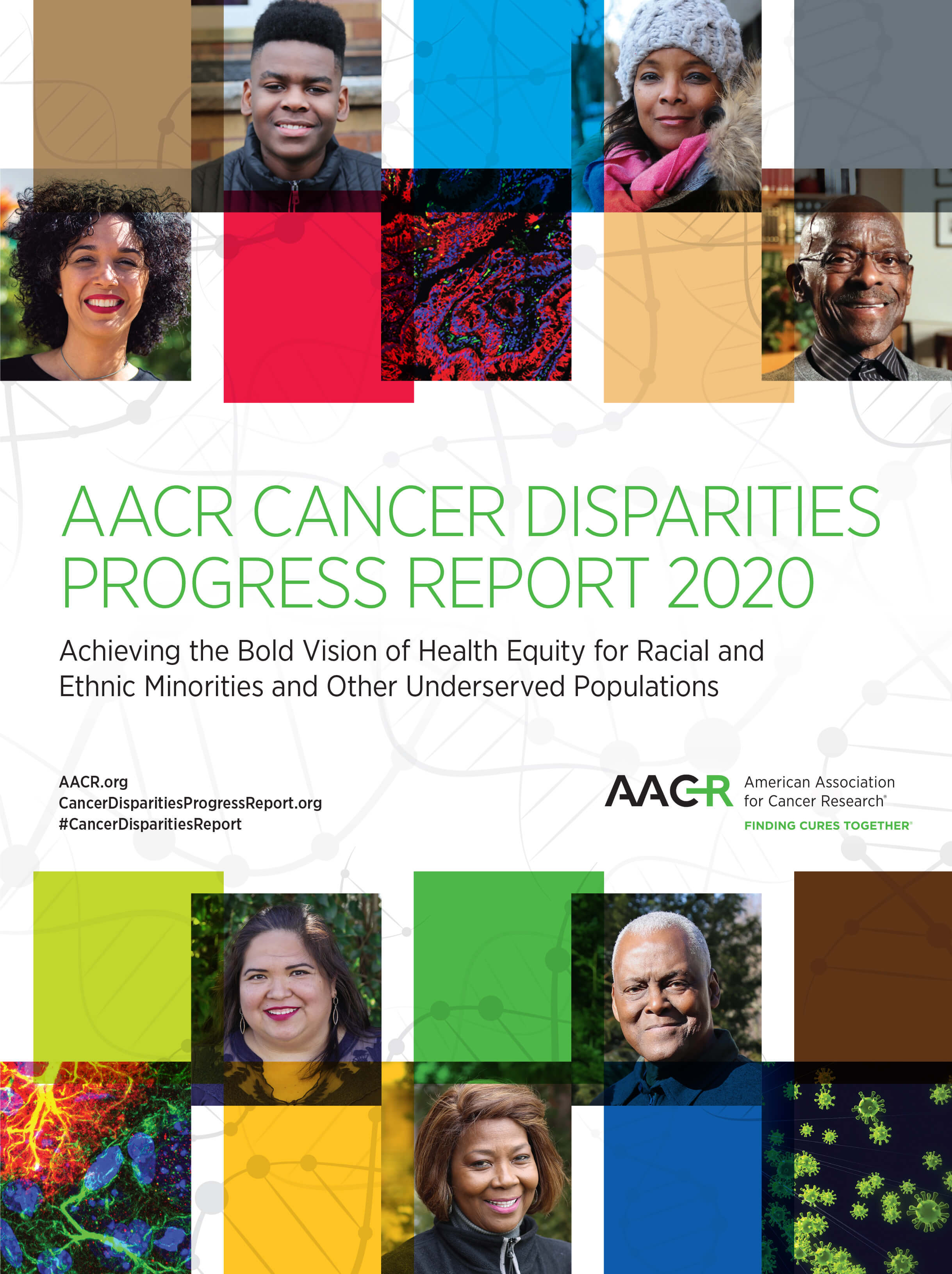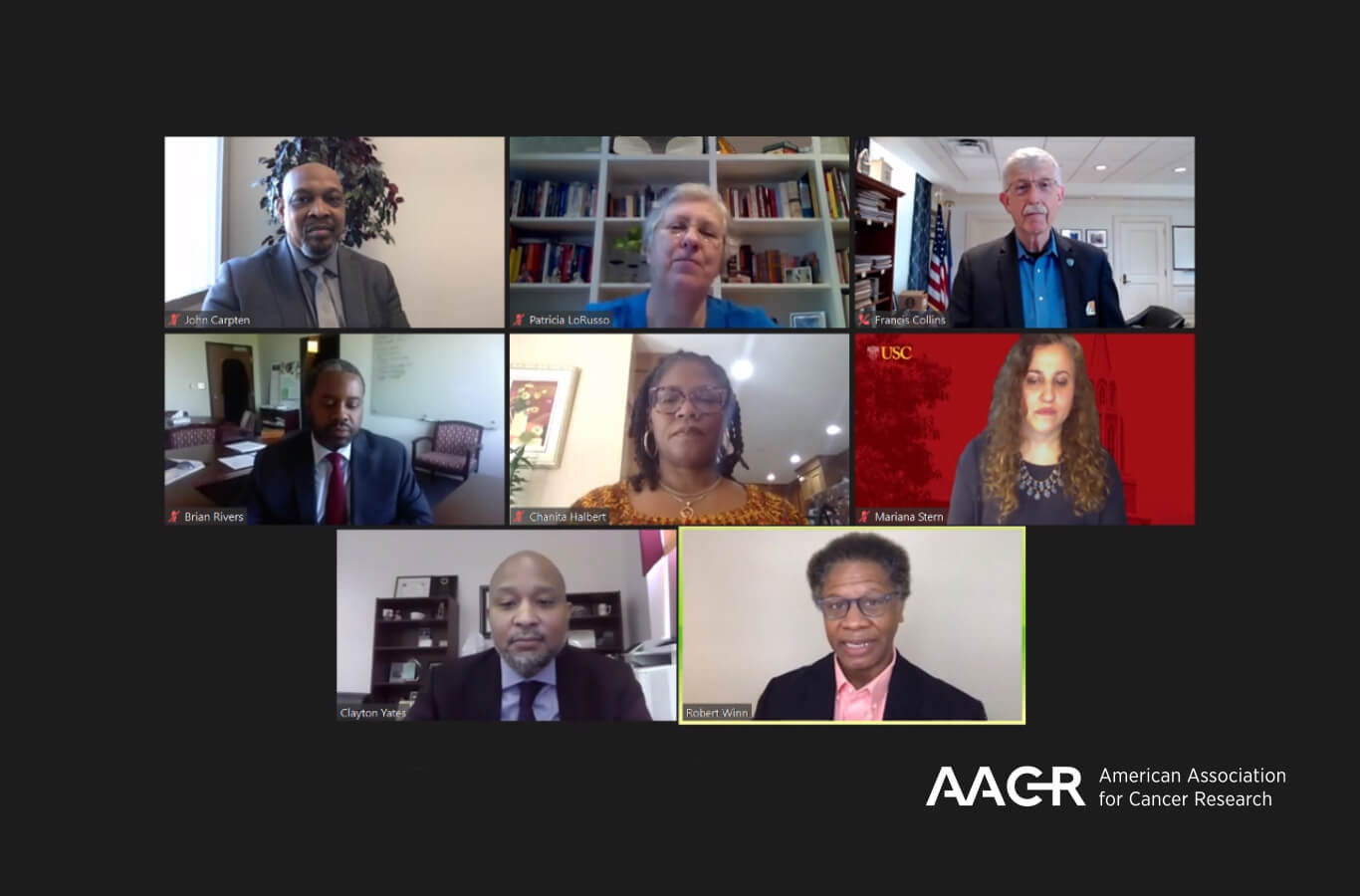

While AACR-fostered research has driven tremendous progress against cancer, these lifesaving advances have not benefited everyone equally. The AACR’s core values include diversity, equity, and inclusion, and a critical element of the AACR’s mission is ensuring that the cancer workforce reflects the community it serves and that everyone—regardless of race, ethnicity, or socioeconomic status—can live with or beyond cancer.
In collaboration with Minorities in Cancer Research (MICR)—an AACR membership group committed to preventing and curing cancer while meeting the professional needs and advancing the careers of minority scientists—the AACR works to eliminate inequities through science, policy, and education and training. These efforts, which included new initiatives in 2020 as well as long-standing programs, reflect the AACR’s commitment to creating a more just world:



Colonel Gary Steele
Cancer Survivor
